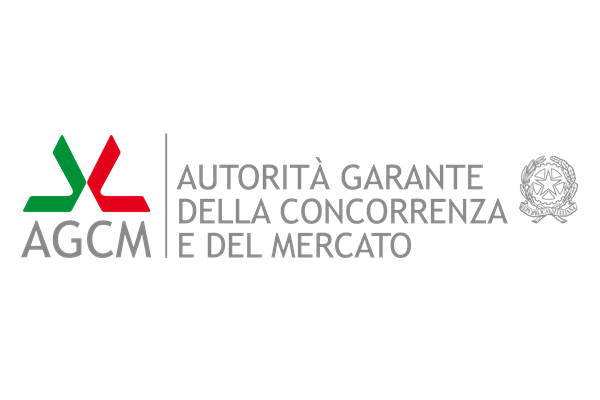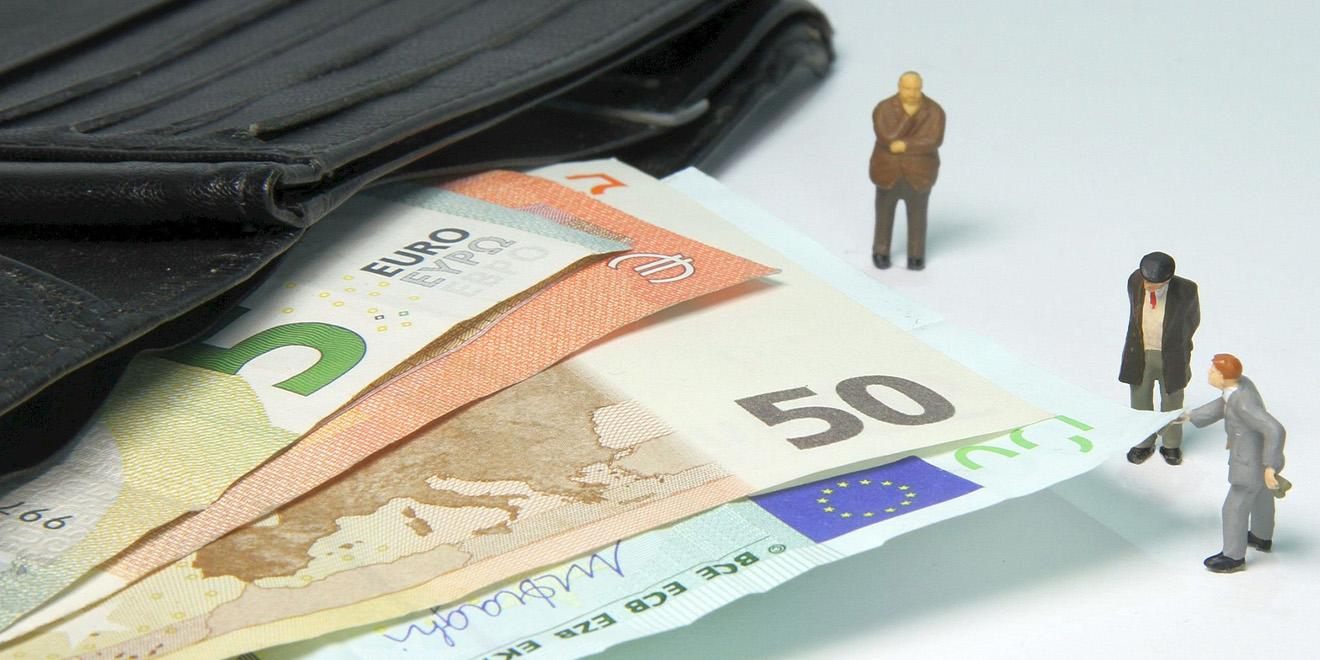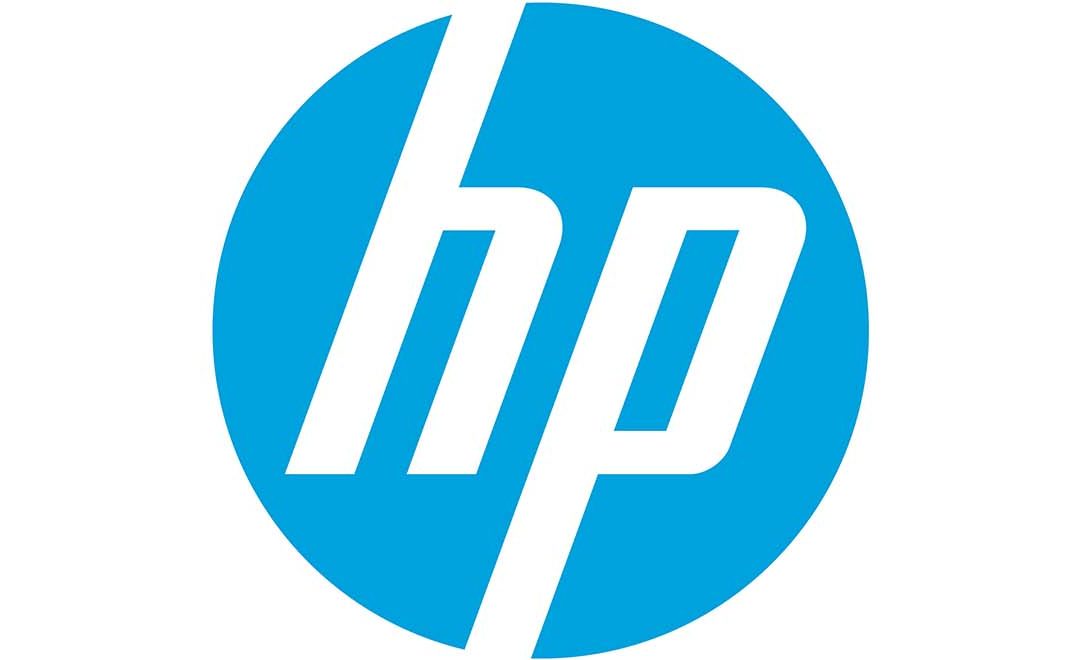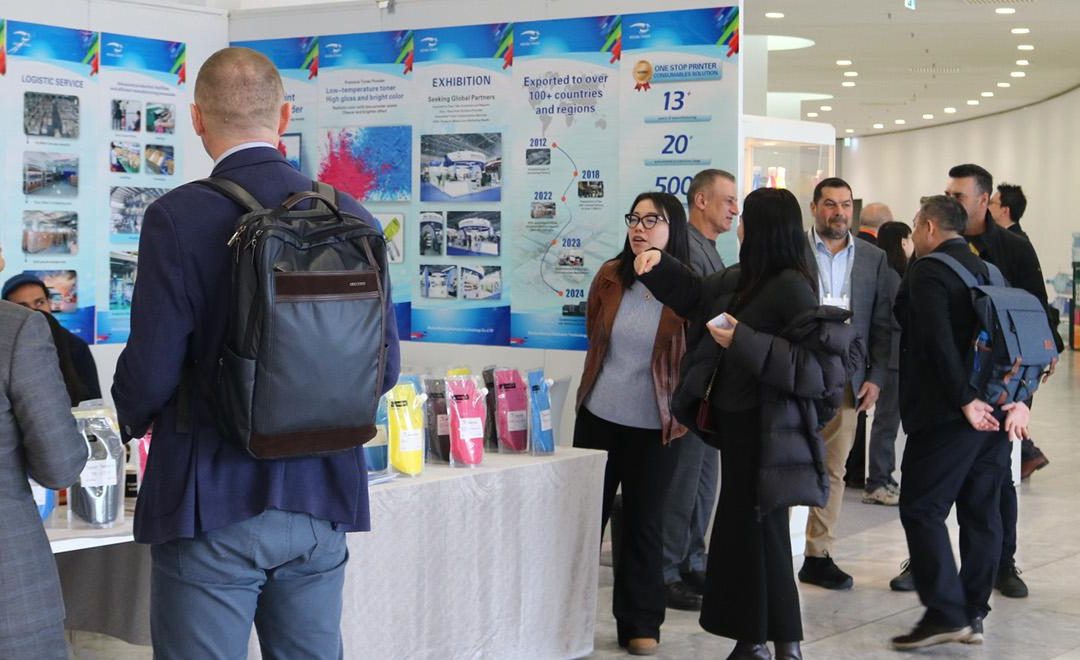The group, active in the logistics, transport and parcel delivery sector, implemented an environmental sustainability programme in breach of rules protecting consumers and micro-enterprises.
The Italian Competition Authority has ordered General Logistics Systems B.V., parent company of the GLS Group in Europe, General Logistics Systems Italy S.p.A. and General Logistics Systems Enterprise S.r.l. to jointly pay an €8 million ($8.33 million) fine.
 The Authority found that the “Climate Protect” environmental sustainability initiative – which boosted the well-known group’s green image – was organised, funded and promoted in a non-transparent manner, and lacked the rigour and diligence demanded from highly polluting sectors such as logistics, transport and parcel delivery.
The Authority found that the “Climate Protect” environmental sustainability initiative – which boosted the well-known group’s green image – was organised, funded and promoted in a non-transparent manner, and lacked the rigour and diligence demanded from highly polluting sectors such as logistics, transport and parcel delivery.
Growing awareness of environmental issues is increasingly influencing consumer purchasing decisions and the reputation of companies relative to their competitors. Against this backdrop, the environmental statements made by the three companies on the General Logistics Systems Italy S.p.A. website – within the framework of the environmental sustainability programme created by General Logistics Systems B.V. – were found to be ambiguous and/or not sufficiently clear, specific, accurate, clear-cut and verifiable.
Furthermore, subscribers to the General Logistics Systems Enterprise services were forced to join the “Climate Protect” program and pay for an unwanted carbon offset certificate with respect to their deliveries. The amount of this contribution was determined without verifying the costs actually incurred by them for the programme. While top clients were exempted from paying the contribution, all other customers were led to believe that the GLS companies themselves would be contributing significantly to the programme’s funding.
The investigation revealed that subscribed customers and GLS Italy’s logistics partners were made to bear all the costs connected to the “Climate Protect” programme. In addition, it found that the GLS Group companies cashed in more than what they paid to implement the program.
Moreover, their communications to subscribed customers and partner companies, as well as the carbon offset certificates issued to customers and enterprises for their deliveries were found to be misleading, ambiguous and/or false.
The Authority has therefore established that these conducts amount to an unfair commercial practice in breach of Articles 20, 21, 22 and 26, letter f) of the Consumer Code.




